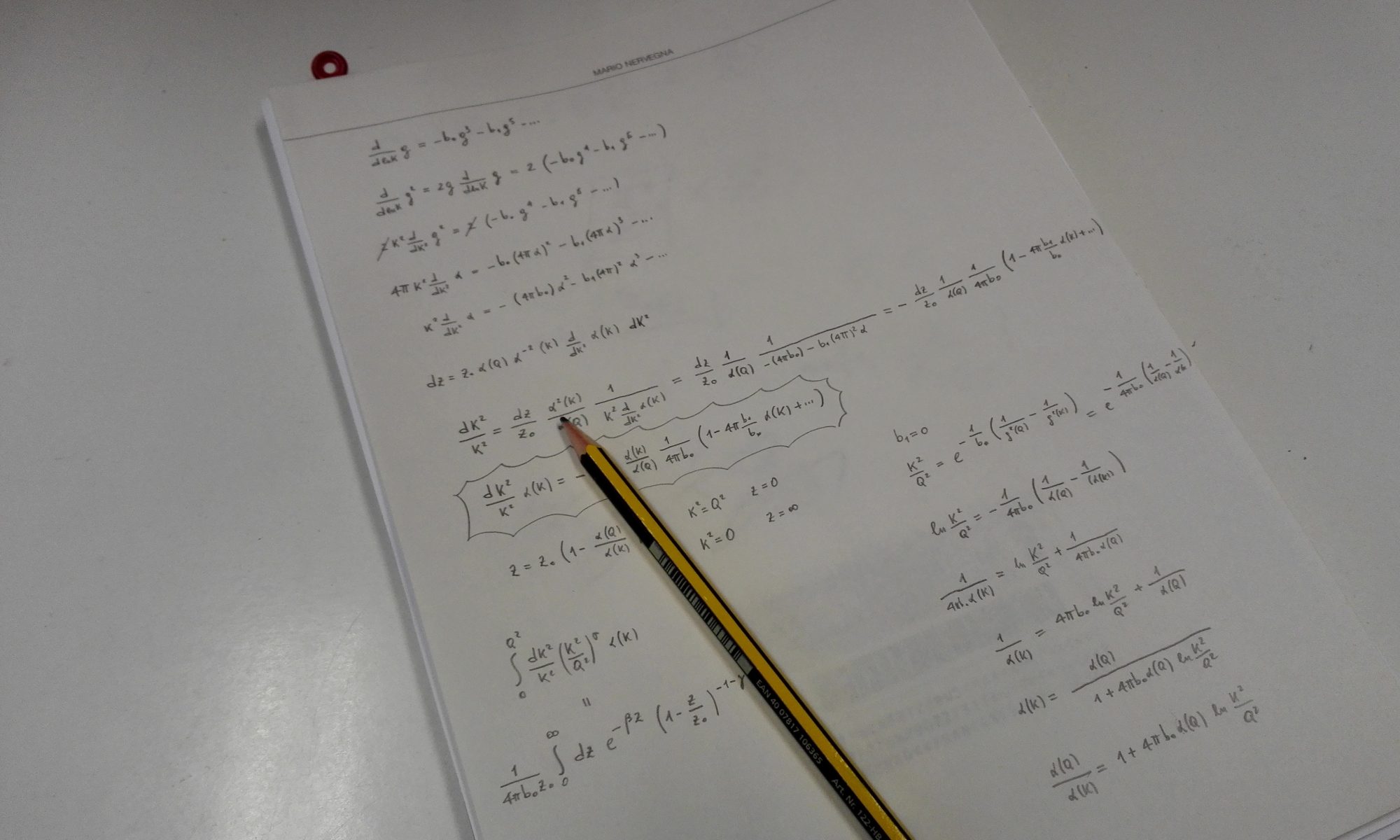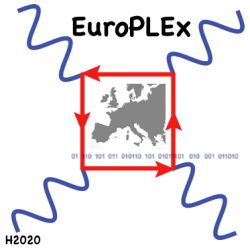EuroPLEx will provide a stimulating and fertile environment to train a new generation of researchers in Theoretical Particle Physics, equipped with all the analytical and computational skills that are distinctive of the field of Lattice QCD. The main core of EuroPLEx research aims at a deeper understanding of strongly interacting matter. This will be pursued by numerical simulations of the underlying fundamental theories, including mainly (but not only) QCD.
EuroPLEx will enable a solid comparison of forthcoming experimental results from high-energy experiments (e.g. those of LHC Run-2 at CERN) to our best theoretical understanding. Precision tests of the Standard Model will mark the perimeter of what our current theoretical understanding can describe, as opposed to what hints at New Physics. Moreover, EuroPLEx will also directly tackle the study of Beyond the Standard Model candidate theories.
EuroPLEx will confront the theoretical and computational challenges of describing matter under the extreme conditions of high temperature and density, aiming at a picture of the so far elusive QCD phase diagram.
Finally, EuroPLEx will explore subjects at the interface between non-perturbative Quantum Field Theory and theoretical scenarios like those put forward by Resurgence or String Theory, interacting with theorists interested in the amazing capabilities of lattice field theories as a theoretical laboratory.
ESRs hired in EuroPLEx will be part of research projects in which advanced theoretical physics meets algorithmic studies and hardware-aware software developments.
Research and training capabilities are strengthened by the EuroPLEx Partners from both experimental physics and industry. EuroPLEx training will benefit from collaborating with partners in many respects, building on solid experience in hardware codesign, software innovation, massive data treatment and Data Science, all ubiquitous outside academia in any kind of consulting, modelling and most fields of IT industry.
To taste the flavour of our Physics program see
EuroPLEX Working Packages, the PhD Projects of our Fellows and Publications.





